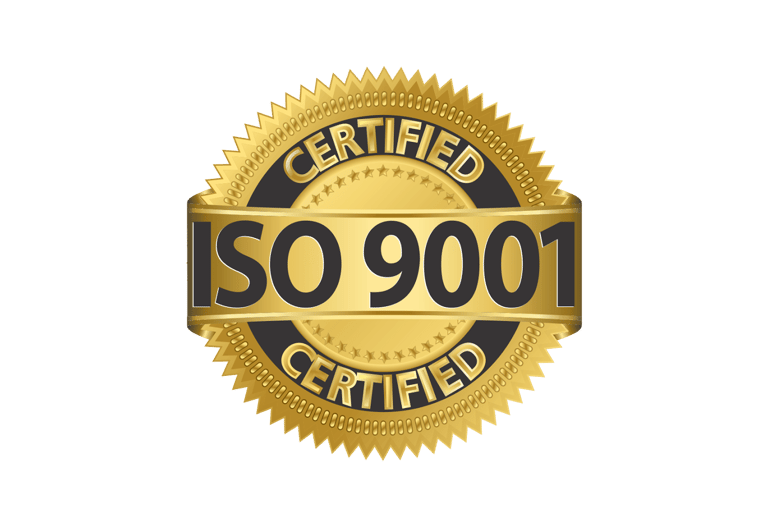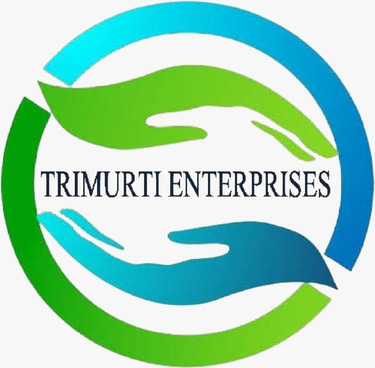

ISO Certification
The presence of an ISO certification mark on a product can certainly influence consumer perception and behavior. The ISO certification mark signifies that the organization has met specific international standards and quality management systems, which can enhance the credibility and reputation of the product and the organization itself. Here are a few reasons why the ISO certification mark can be attractive to consumers.
किसी उत्पाद पर आईएसओ प्रमाणन चिह्न की उपस्थिति निश्चित रूप से उपभोक्ता धारणा और व्यवहार को प्रभावित कर सकती है। आईएसओ प्रमाणन चिह्न दर्शाता है कि संगठन ने विशिष्ट अंतरराष्ट्रीय मानकों और गुणवत्ता प्रबंधन प्रणालियों को पूरा किया है, जो उत्पाद और संगठन की विश्वसनीयता और प्रतिष्ठा को बढ़ा सकता है। यहां कुछ कारण दिए गए हैं कि आईएसओ प्रमाणन चिह्न उपभोक्ताओं के लिए आकर्षक क्यों हो सकता है !
IAF AND NON IAF ISO CERTIFICATION
IAF ISO and non-IAF ISO are two different certification systems that are used to assess the quality management systems of organizations. IAF stands for International Accreditation Forum, which is an association of accreditation bodies that work together to develop and promote global conformity assessment standards. IAF ISO certification is a globally recognized accreditation that ensures compliance with international quality standards. On the other hand, non-IAF ISO certification is a certification that is issued by certification bodies that are not affiliated with IAF. While both systems aim to ensure that an organization's quality management system meets international requirements, IAF ISO certification is generally considered to be more prestigious and widely recognized. Ultimately, the choice between IAF and non-IAF ISO certification will depend on the specific needs and requirements of each organization.
NOTE:- IAF type ISO certificates are required for government tender so if you are going to fill government tender, we would recommend you take IAF type certificate.
"What is visible sells" जो दिखता है वही बिकता है !
TYPES OF ISO CERTIFICATION
ISO 22001-2018 (FOOD SAFETY MANAGEMENT SYSTEM)
ISO 22001 is a food safety management system standard that helps companies to ensure the safety of their products. The benefits of implementing ISO 22001 include improved efficiency, reduction in food safety incidents, and increased confidence in the supply chain. By adhering to this standard, companies can ensure that their products are safe for consumption, minimize the risk of recalls, protect their brand reputation, and comply with regulatory requirements. In short, ISO 22001 is not just essential for companies but also for the entire food industry to maintain high standards of food safety and quality.
ISO 9001-2018 (QUALITY MANAGEMENT SYSTEM)
ISO 9001 is an internationally recognized standard for quality management systems. It sets out the requirements that a company must meet in order to consistently provide products and services that meet customer needs and expectations. This commitment can attract customers who are looking for reliable and consistent suppliers. Overall, ISO 9001 is a valuable tool for companies that want to improve their quality management and remain competitive in today's global marketplace.
ISO 14001-2018 (ENVIRONMENT MANAGEMENT SYSTEM)
ISO 14001-2018 is a globally recognized standard for environmental management systems (EMS). This standard sets out a framework for organizations to manage their environmental impacts and continually improve their environmental performance. By implementing ISO 14001-2018, organizations can demonstrate their commitment to reducing their environmental footprint and mitigating pollution. This not only benefits the environment but also helps organizations to reduce costs, improve their reputation, and comply with legal and regulatory requirements. In today's world, where sustainability is a crucial issue, organizations that adopt ISO 14001-2018 can gain a competitive advantage over their peers. Therefore, it is essential for organizations to take this standard seriously and incorporate it into their business strategy.
ISO 13845 (QUALITY MANAGEMENT SYSTEM FOR MEDICAL DEVICE)
ISO 13485 is an internationally recognized standard that outlines the requirements for a quality management system (QMS) for medical devices. The standard is designed to ensure that medical devices are safe and effective, and that they meet the regulatory requirements of the countries in which they are sold. ISO 13485 certification is required for manufacturers, suppliers, and distributors of medical devices in many countries around the world, including Europe, Canada, and Japan. The standard covers all aspects of the medical device lifecycle, from design and development to production and distribution, and requires organizations to continuously monitor and improve their QMS. ISO 13485 certification is a key differentiator for medical device companies, demonstrating their commitment to quality and regulatory compliance.
ISO 27001-2018 (INFORMATION SECURITY MANAGEMENT SYSTEM)
ISO 27001-2018 is an international standard for information security management systems. It provides a framework for organizations to establish, implement, maintain, and continually improve their information security management systems. This standard helps ensure the confidentiality, integrity, and availability of an organization's information, as well as the protection of its assets from threats and vulnerabilities. ISO 27001-2018 is required by many organizations to demonstrate that they have effective controls in place to manage their information security risks. It also helps organizations comply with legal and regulatory requirements related to information security. By implementing ISO 27001-2018, organizations can improve their reputation, reduce the risk of data breaches, and increase their competitiveness in the marketplace.
GMP (GOOD MANUFACTURING PRACTICE)
Good manufacturing product refers to the process of producing high-quality products in a safe and efficient manner. It involves various stages, such as planning, designing, producing, testing, and packaging. The ultimate goal is to ensure that the final product meets the specified quality standards and is free from any defects or contamination. Good manufacturing product practices are essential for industries such as pharmaceuticals, food and beverages, cosmetics, and medical devices. Compliance with these practices helps to minimize the risk of product recalls, adverse events, and legal liabilities. Good manufacturing product practices also contribute to customer satisfaction by ensuring that products are safe, effective, and of consistent quality. Overall, good manufacturing product practices are critical for maintaining the integrity of the manufacturing process and ensuring that products are produced to the highest possible standards.
Take ISO certification today and maximize your sale.


